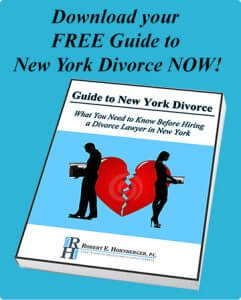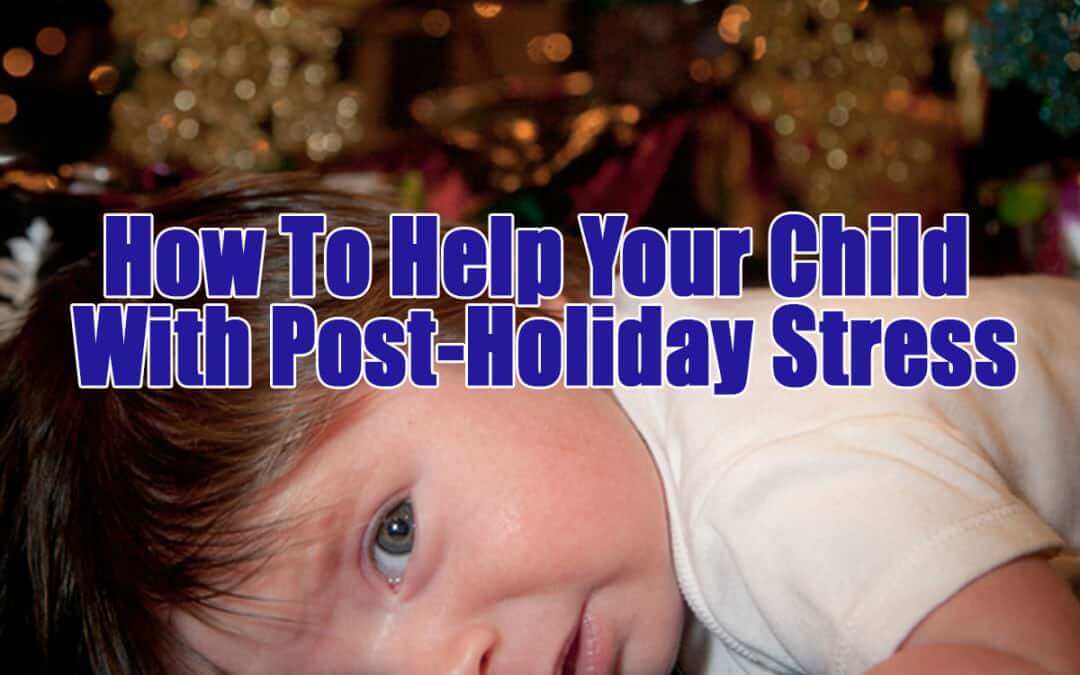Putting the Children First After Divorce
As a Long Island child custody lawyer and divorce attorney, I’m seeing that now that the Holiday season is officially over and we’re back to our more normal routines, many Nassau and Suffolk residents are breathing a sigh of relief instead of feeling a residual sense of joy. Children of divorce, especially, might find that the abundance of gifts, parties and desserts does not quite feel so fulfilling in the midst of family stress. Even if divorced parents (or families) are not openly arguing or criticizing, the undertones of the problems that led to the divorce in the first place often quietly continue throughout the growth and development of the children of divorce.
Adjusting to Major Events After Divorce Takes Time
For any family member involved in a divorce, learning to adjust to day-to-day life is no easy task, and the holidays only increase the challenge. For young children of divorced parents, the level of holiday stress of the holidays is often highly underestimated by the parents. These children are asked to split the holiday festivities between their parents and their two, separate families, and must often hear about their parents’ tensions or disputes about which days are spent with which parents, the precise pick-up and drop-off times, and other details along the way.
Holidays Often Increase Children’s Stress Levels
The holidays only exacerbate the already existing stress within a divorced family, and children are particularly sensitive to the rifts caused by the divorce. If you suspect that your children had a tough holiday season due to your divorce, it is not too late for you to address and validate your children’s feelings and concerns. It is also important to evaluate what, if any, role you might have played in contributing to your child’s feelings of stress, and how you might begin to ameliorate the effects and make changes in the New Year.
Unresolved Child Custody & Visitation Make Things Worse for Children
Especially for families with unresolved child custody and visitation issues, it is crucial that parents learn to communicate with one another in respectful and compassionate manner. Putting the children first during and after divorce means putting aside the anger, hurt, betrayal, and sadness that are directed at the other parent. The emotional needs of your children are far more important at this point, as children going through this process are sensitive and impressionable. Remember that the arguments, criticism, and guilt tripping can have long-term impact on childhood development. Unless there are real safety issues involved, make it a priority to encourage your child’s relationships with both parents. Your child should not have to feel guilty for loving or being with his other parent.
Guidelines to Help Your Children Through Your Divorce
Parents should commit to working through their own anger and control issues, as this will benefit their children greatly in the long run. Professional counseling can be a great tool for both parents and children involved in a divorce. Here are some other guidelines to follow if you are concerned about how your divorce is affecting your children:
- Do not speak ill of your ex to or in front of your children.
This includes eye rolling, other gestures or remarks, or expression of disinterest in things your child wants to tell you about time spent with the other parent. In fact, you should encourage your child to openly talk to you about time spent at the other house. Keep in mind that if you brush off any discussion that mentions the other parent, you are effectively showing your child you do not want to hear about a big portion of your child’s life. - Do not make the children responsible for any form of communication between parents.
Unpleasant as it may be for you, it is your job to make all scheduling and arrangements with your ex. Don’t leave the footwork to your child, who may end up absorbing the emotional reactions from each side. - Never discuss money with your children as it relates to your ex.
Do not discuss child support or who pays for what. This is an emotionally charged issue, and the children should not have to be concerned with it. - Do not cause your children feel guilty for being away from you.
As much as you want to be honest with your children, they do not need to bear the emotional weight of knowing your every feeling and concern. Be mindful of how much you share with your children regarding your own emotional struggles, and how much it affects them.
Make a New Year’s Resolution to Keep Your Children Safe From Your Divorce
Among the New Year’s Resolutions you may have made for yourself, consider committing to these guidelines as much as you can. By doing so, you can give your children the freedom to feel safe and happy wherever they are. Divorce is difficult on the children even without the emotional issues between parents. Recovering from a difficult divorce can be a long and difficult process, but with self-awareness and attentive parenting, the bonds between family members can be strengthened rather than worn down.
Questions About Child Custody and Visitation on Long Island?
To learn more about what you need to know about Child Custody on Long Island, visit this page on Child Custody or contact us at 631-923-1910 for a complimentary consultation
Speak to an Experienced Child Custody Lawyer About Your Child Support, Child Custody or Visitation
If you have questions about a child support, custody, or visitation issue, and are not sure how to best proceed, contact the Law Office of Robert E. Hornberger, P.C. for a free consultation with a premier Long Island family lawyer and divorce attorney.
 Download our Free New York Divorce Guide
Download our Free New York Divorce Guide
Our 41-page “Guide to New York Divorce: What You Need to Know Before Hiring a Divorce Lawyer in New York” written by an experienced family law lawyer Long Island’s Robert E. Hornberger, Esq., provides you with real information on the divorce process and the laws it rests upon in the state of New York. This book will help give you a solid foundation upon which you can begin the process of making your family’s, life better. Download your Free Guide to New York Divorce here.













